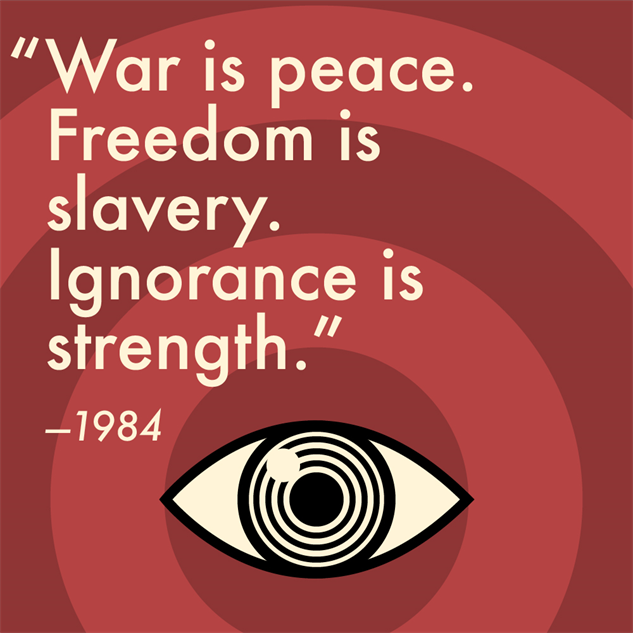How are Christians to respond to the Chick-Fil-A controversy?
The controversy all stared Earlier this week in a radio interview on the “Ken Colemen Show,“ Dan Cathy, president of Chick-Fil-A stated that he believed “we’re
inviting God’s judgment on our nation” when it comes to the discussion
in our nation regarding what constitutes marriage.
Cathy went on to say in the radio interview “I think we are inviting God’s judgment on our nation when we shake our
fist at Him and say ‘we know better than you as to what constitutes a
marriage’ and I pray God’s mercy on our generation that has such a
prideful, arrogant attitude to think that we have the audacity to define
what marriage is about.”
Cathy concluded his remarks with: “We are very much supportive of the family – the biblical definition of
the family. We are a family-owned business, a family-led business, and
we are married to our first wives. We give God thanks for that. We want
to do anything we possibly can to strengthen families. We are very much
committed to that.”
Of course any position on same-sex marriage is going to bring about strong opposition in in our current culture. One such response came from Chad Griffin, president of the Human Rights
Campaign which supports same-sex-marriage, he said in a statement that
Chick-fil-A “has finally come clean” after keeping it’s official
position hidden for many years.
Griffin continued, “While they may have been in neutral, kicking this
fight into overdrive now allows fair-minded consumers to make up their
own minds whether they want to support an openly discriminatory
company.”
On the other side of the controversy the Rev. William Owens of the
Coalition of African American Pastors said that ,“Some people are saying that
because of the position that Chick-fil-A is taking, they don’t want them
in their cities. It is a disgrace. It is the same thing that happened
when I was marching for civil rights, when they didn’t want a black to
come into their restaurant," he told a press conference in Washington,
DC.
In addition Mike Huckabee made a nationwide call — not to protest or picket — but for people to eat at Chick-fil-A on Wednesday.
So as I thought about this culture crises I pondered; how should followers of Christ "think" and "act" concerning cultural hot topics? Should we ignore cultural hot topics? blog about them? write op-eds? protest? show support for our side, as in the case with Chic-Fil-A and follow the advice of the former Governor of Arkansas and eat at Chic-Fil-A ?
Should we engage the opposition with dialog? Should we pray and stay inside the walls of our churches? Should we resurrect Jerry Falwell and remake the moral majority---to save our culture? Are we as the body of Christ even called to save our culture?
Many in the Christian Community would say right on to a quote that is often attributed to Martin Luther:
“If I profess, with the loudest voice and the clearest exposition, every portion
of the truth of God except precisely that little point which the world and the devil
are at that moment attacking, I am not confessing Christ, however boldly I may be
professing Christianity. Where the battle rages the loyalty of the soldier is proved;
and to be steady on all the battle-field besides is mere flight and disgrace to
him if he flinches at that one point.”
We live in a culture that is dark and depraved; Ephesians chapter two verse two tell us, "Satan is the "prince of the power of the air."We are admonished by John in his Epistle not to love the world (1 John 2:15).
The Scriptures admonish the Church to walk in "wisdom" toward those outside of the body of Christ; making the most of every opportunity ( Colossians 4:5).
Peter tells his readers, "always be prepared to give an answer to everyone who asks you to give
the reason for the hope that you have. But do this with gentleness and
respect (1 Peter 3:15).
Blog readers, here is my answer to the question how the Church to respond to the Chic-Fil-A controversy.
First, we as the Church should respond. We should respond with wisdom, which means thinking hard through the issue without reacting form the gut. Making the most of every opportunity means that we use the present controversy to share the gospel which is the power of God unto salvation.
As followers of Christ we should be marked with gentleness and respect. No, no, no, not being spineless; but proclaiming the "truth" with boldness that is mixed with humility.
May God be glorified as we seek to bring His gospel to our culture!



